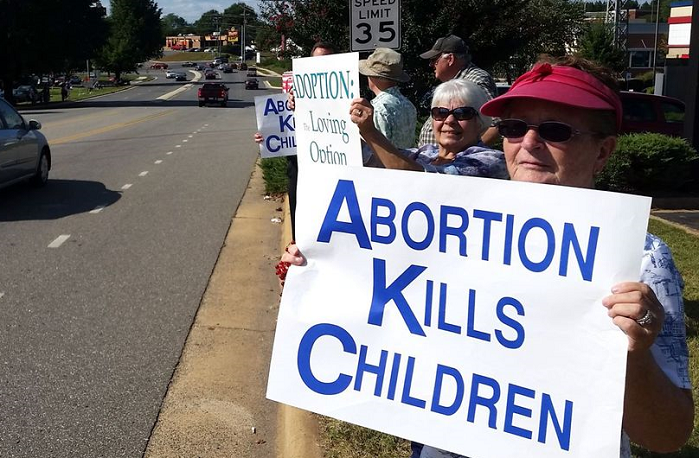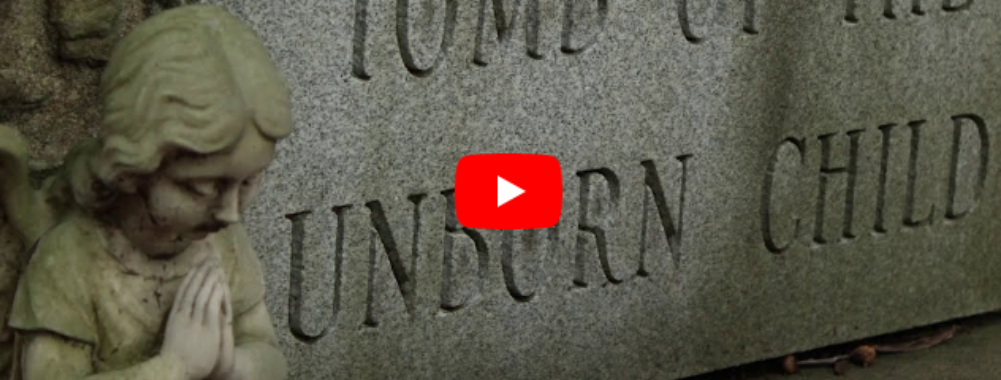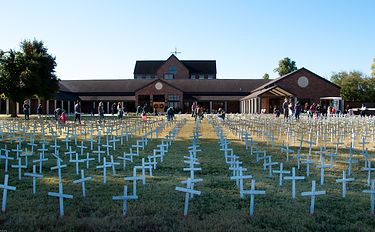The 2020 Life Chain is Coming

The 2020 Life Chain across America is coming in just a few weeks.
Traditionally, pro-lifers around the country gather in their communities on the first Sunday of October to protest abortion.
The event — known as the Life Chain — has happened every year since 1987.
This year, in light of COVID-19, many Life Chain events around the country have been postponed until November 1. However, some still are scheduled for October 4.
The Life Chain is a great event. Many pro-life Arkansans participated last year around the state.
You can find out more about the Life Chain — and how you and your family can take part in it — at LifeChain.org.


